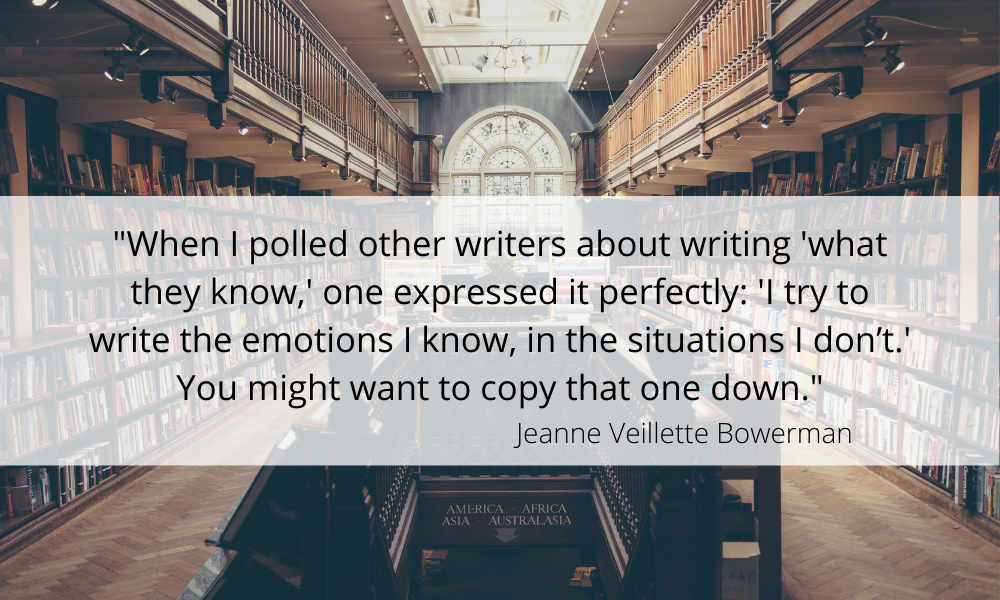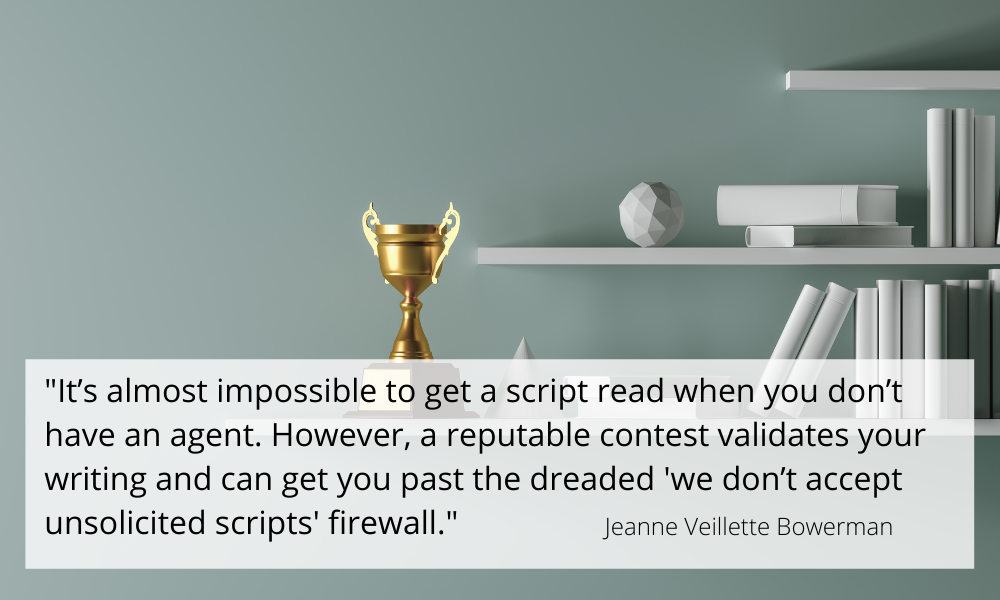Script Submissions: What One Producer Wants
Producer Jonathan Treisman talks about his Hollywood experience.
Named one of the "50 Creatives to Watch in Hollywood" in a recent issue of Variety, Flatiron Films founder Jonathan Treisman is a busy man these days. Most recently, he served as an executive producer for Pay It Forward, a credit he earned after optioning the then unpublished Catherine Ryan Hyde manuscript and selling it to Warner Brothers production company Bel Air Entertainment. But the former Walt Disney Pictures assistant isn't taking any time to bask in his success; he's in the process of setting up Hyde's next two books, Electric God and Walter's Purple Heart, along with Still Life With Iris, a children's play by Steven Dietz. Here, he discusses what he looks for in a script and offers some advice to aspiring scriptwriters:
SW: How do you find material for your projects?
JT: I do a lot of interviews, speak at writer's conferences all over the country and speak to agents all over the country. I think what separates me from a lot of other producers is that I'm mostly interested in contemporary fiction novels—things that will make good movies. And since I can't compete with most big producers who look at the New York Times best seller lists, or who look at galleys from the publishers, I have to look for new or first-time writers or unpublished authors with original material. There's a lot of great new talent out there, and that's my goal, to find some of that new talent.
SW: What types of scripts interest you as a producer?
JT: What I'm looking for is contemporary, commercial fiction—no period pieces. And by period, I mean pre-1980s because they're very difficult to sell. Some books are books and not movies, and that's fine. But if you think your book or script is right for film, you have to ask yourself, "Is this a movie I can sell? Are people in Ohio going to go out and see this on a Saturday night?" So I look for things that are commercial. I try to stay away from a lot of heavy violence. A lot of my films are romantic comedies, character dramas, twist of fate-type stories.
SW: What should people keep in mind when submitting a script to Flatiron Films?
JT: I'm looking for a concise one- to two- page synopsis of the work, preferably broken down into acts, with a clear description of who the characters are, why we're watching them, who's the protagonist, who's the antagonist? Just like when you write a novel—what's the beginning, middle and end? If you can't tell your story in a succinct one- to two- page synopsis, then how can you expect to sell it for film or even publish it as a novel?
SW: Do you have any advice for aspiring screenwriters?
JT: You have to write what you know. If you're not a happy-go-lucky guy, then don't try to write a comedy. Don't write something that is foreign to you, write something that's near to you. And concentrate on structure. Everyone thinks they can write a screenplay just because they've seen a movie or have the software, but it really is an art. Just because you have a canvas and paints doesn't mean you're a painter—you need to learn the craft. And whether that means taking classes or buying a book, you need to understand story structure. If you have a good idea, that's great. But screenwriting is a totally different medium than novel writing or anything else. And you really need to learn the craft of screenwriting before you sit down and write a screenplay.








